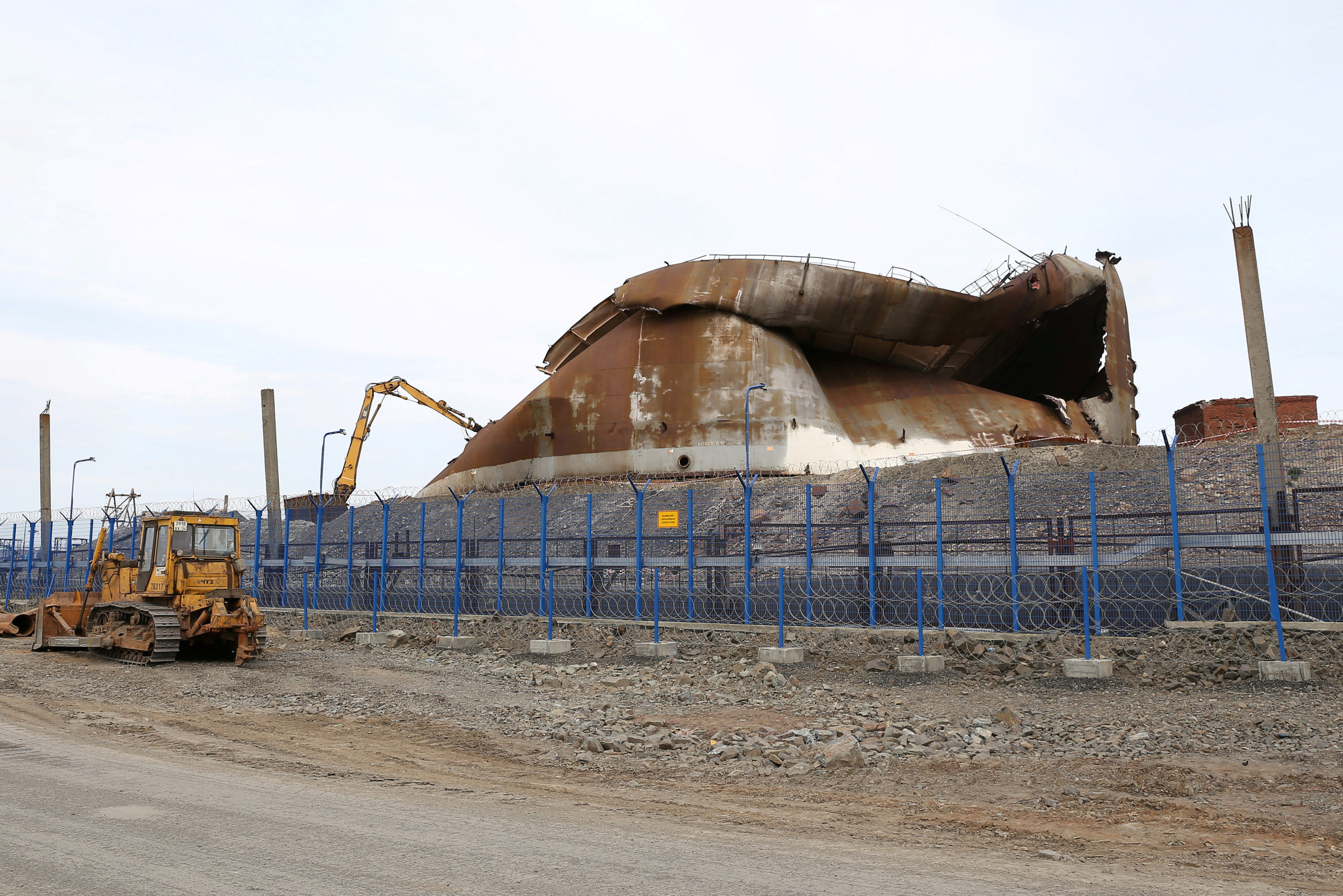Nornickel disputes the environmental cost of May’s massive Arctic fuel spill
A lawsuit over damages is set to begin next week.

MOSCOW — Russia’s Norilsk Nickel estimates the environmental cost of a huge fuel spill in the Arctic in May is 21.4 billion roubles ($273 million), far less than an assessment by the country’s environment watchdog, which has begun court action.
The spill released 21,000 tonnes of diesel into rivers and subsoil near the city of Norilsk in Siberia. Greenpeace has compared the incident to the 1989 Exxon Valdez oil spill off Alaska and Russian President Vladimir Putin voiced fury over the leak in a television address in June.
The Russian environment watchdog filed a lawsuit against a power business owned by Norilsk Nickel (Nornickel) to claim 148 billion rubles ($1.88 billion) for the damage.
The first court hearing in the case is due on Oct. 12.
In its response to the claim published on Monday, Nornickel’s power subsidiary NTEC’s estimation of the damages is 86 percent lower.
Nornickel’s power subsidiary “does not dispute the negative environmental impact of the incident and reiterates its full commitment to do everything that is necessary to completely eliminate all of its negative consequences,” Nornickel said in a statement.
It said the environmental watchdog had applied an unreasonably high multiple for a company for not taking action when the subsidiary of the mining giant had “acted promptly and in good faith from the very first minute of the incident.”
Apart from the environmental damage, Nornickel estimates the total clean-up and rehabilitation costs at 12 billion rubles. This is ongoing, but Nornickel has said it has collected more than 90 percent of fuel leaked by the spill into rivers.
Reporting by Polina Devitt.